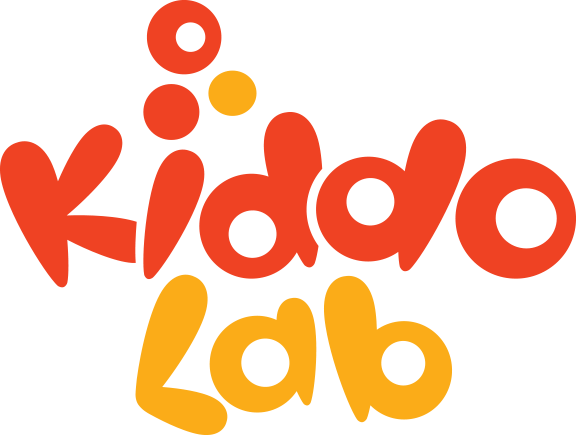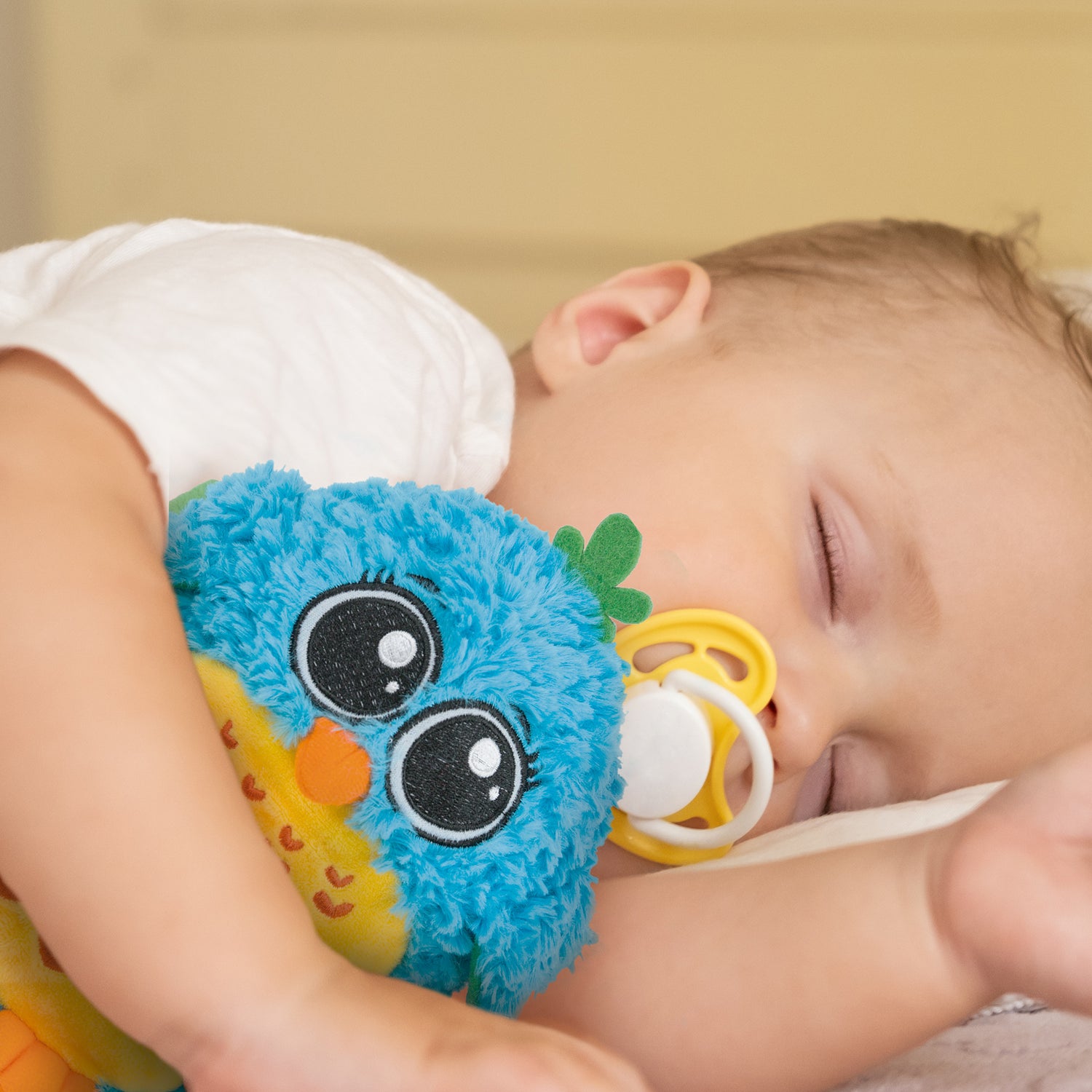The journey of parenting, while rewarding, can often be filled with chaos and stress. This guide explores the concept of mindful parenting and how it can transform your household into a calmer, more harmonious environment.
Additionally, we'll discuss how KiddoLab's educational toys, suitable for children aged 18 months and up and available on Amazon, can be integrated into these mindfulness practices.
Understanding Mindful Parenting
The Essence of Mindfulness in Parenting
Mindful parenting involves being present, aware, and attentive in interactions with your children, responding to them with kindness and understanding rather than reacting impulsively.
Benefits for the Family
Practicing mindfulness in parenting can lead to reduced stress, improved communication, and a stronger emotional bond within the family.
Techniques for Incorporating Mindfulness into Daily Routines
Mindful Communication
Learn to listen actively to your children, giving them your full attention, and speaking calmly and clearly.
Shared Mindful Moments
Incorporate simple mindfulness exercises, like deep breathing or gratitude sharing, into your daily routine as a family.
KiddoLab’s Role in Mindful Parenting
Mindfulness Through Play
KiddoLab’s educational toys, such as the 'Tikki The Dino', encourage mindfulness by providing opportunities for children to explore their senses in a focused and calming manner.
Encouraging Presence and Engagement
These toys are designed to engage both parents and children, promoting shared moments of presence and connection.
Creating a Mindful Home Environment
Mindful Spaces
Designate areas in your home that are conducive to mindfulness, such as a quiet reading nook or a corner with calming toys from KiddoLab.
Reducing Clutter and Distractions
Minimize distractions in these spaces, creating an environment where the family can engage in mindful activities without interruption.
Managing Stress with Mindfulness
Mindfulness in Stressful Situations

Learn techniques to remain calm and collected in stressful parenting moments, using mindfulness to respond thoughtfully rather than react impulsively.
Breathing Exercises
Practice and teach your children simple breathing exercises, which can be a quick and effective way to manage stress and emotions.
Fostering Emotional Intelligence in Children
Teaching Mindfulness to Kids

Introduce children to mindfulness practices in an age-appropriate way, such as through games, storytelling, or guided imagery.
KiddoLab’s Educational Toys and Emotional Learning
KiddoLab's 'Octopus Plush Animal Toy', available on Amazon, can be a playful and engaging tool to teach children about emotions and mindfulness.
Mindful Parenting in Everyday Activities
Integrating Mindfulness into Daily Tasks
Turn everyday activities like mealtime or bedtime into opportunities for mindfulness, focusing on being present and connecting with your child.
Mindful Playtime
Use playtime with KiddoLab’s educational toys as a way to practice mindfulness, encouraging children to focus on the activity and enjoy the moment.
The Importance of Self-Care for Parents
Taking Time for Yourself
Mindful parenting also involves taking care of your own well-being. Regular self-care practices can help you stay balanced and present for your children.
Mindful Moments for Parents
Create personal mindful moments, whether it’s a few minutes of meditation, a walk outside, or simply enjoying a quiet cup of coffee.
Enhancing Family Communication Through Mindfulness
Active Listening and Empathy
Adopt active listening techniques, showing empathy and understanding in family conversations, which can strengthen relationships and trust.
Family Mindfulness Activities
Engage in group mindfulness activities like shared meditation or nature walks, where the entire family can practice being present together.
Mindfulness in Challenging Parenting Scenarios
Dealing with Tantrums Mindfully
When facing children's tantrums or difficult behaviors, use mindfulness to remain calm and respond with composure, helping de-escalate the situation.
Mindful Discipline Strategies
Implement discipline strategies that are firm but fair, focusing on teaching and guiding rather than punishing, which mindfulness can facilitate.
The Role of Play in Mindful Parenting
Play as a Tool for Mindfulness
Play can be a powerful tool for mindfulness, providing a space for children to express themselves and for parents to engage with them meaningfully.
KiddoLab’s Playful Mindfulness Toys
KiddoLab’s 'Jungle Animal Roll & Learn Fun Baby Activity Ball', available on Amazon, offers activities that encourage mindfulness in play, helping children learn to focus and express themselves creatively.
Building a Mindful Parenting Community
Sharing Experiences and Learning from Others
Connect with other parents who practice mindful parenting, sharing experiences and learning from each other, building a community of support.
Online and Local Parenting Groups
Participate in online forums or local parenting groups that focus on mindful parenting, enhancing your journey with the collective wisdom of the community.
Creating Mindful Morning Routines
Starting the Day Mindfully
Begin each day with a mindful routine, such as a family breakfast without screens, where each member shares something they’re looking forward to.
Mindful Preparation for the Day
Use KiddoLab’s educational toys as part of morning playtime, setting a calm and focused tone for the day ahead.
Mindfulness During Transitions and Changes
Easing Transitions with Mindfulness
Use mindfulness techniques to help children cope with transitions, whether it’s moving between activities, adjusting to a new sibling, or starting school.
Consistent and Calm Approaches
A consistent and calm approach during transitions can significantly reduce anxiety and stress for both children and parents.
The Impact of Mindful Parenting on Long-term Well-being
Long-term Benefits for Children
Mindful parenting contributes to children’s long-term emotional health, fostering resilience, self-esteem, and positive coping skills.
Strengthening Parent-Child Relationships
The practice of mindful parenting strengthens the parent-child bond, leading to a deeper understanding and connection.
Embracing Mindful Parenting with KiddoLab
The Journey of Mindful Parenting
Mindful parenting is a journey that benefits both parents and children, leading to a more harmonious and understanding family dynamic.
KiddoLab: A Companion in Mindful Parenting
KiddoLab’s range of educational toys, available on Amazon, supports this journey, providing tools for mindfulness and engagement in every step of child development.
From sensory playmats to mindful play sets, KiddoLab’s toys are crafted to complement your mindful parenting journey, providing meaningful and engaging activities for your children.
Visit KiddoLab on Amazon today and take the first step towards a calmer, more connected, and mindful household.






